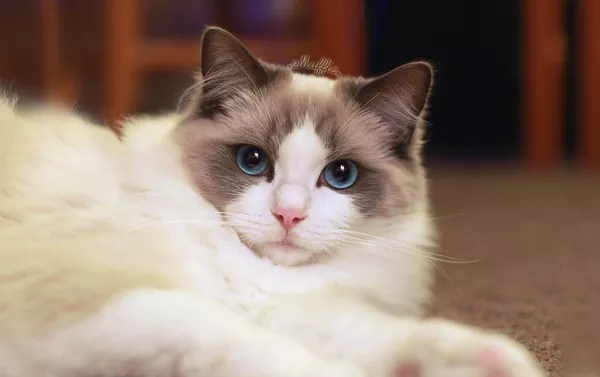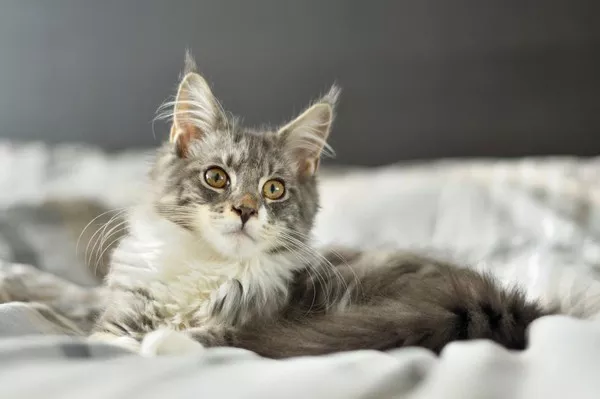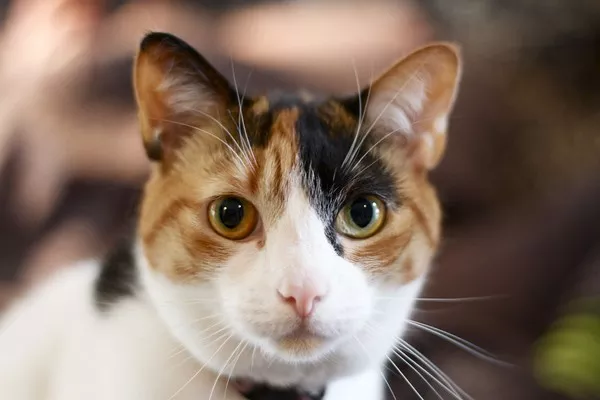Cats, with their discerning palates and unique dietary needs, often leave pet owners wondering about the suitability of various foods in their feline friends’ diets. One common query that arises is whether cats can safely consume corn. As responsible pet owners, it is crucial to understand the nutritional requirements of our feline companions to ensure their well-being. In this article, we will explore the intricacies of including corn in a cat‘s diet, shedding light on both the benefits and potential risks associated with this grain.
The Carnivorous Nature of Cats
Before delving into the specifics of corn consumption, it is imperative to recognize the inherent nature of cats as obligate carnivores. Unlike omnivores, cats thrive on a diet primarily composed of meat. Their nutritional needs are centered around essential amino acids, such as taurine, which are abundantly found in animal proteins. Consequently, a cat’s digestive system is not optimized for the digestion of plant-based foods, making the inclusion of grains like corn a subject of scrutiny.
Nutritional Composition of Corn
Corn, a staple in human diets, is a cereal grain that contains a variety of nutrients, including carbohydrates, fiber, vitamins, and minerals. It is essential to examine these components in the context of feline nutrition to determine whether corn can be a suitable addition to their diet.
Carbohydrates: Cats are not efficient at metabolizing carbohydrates, as their bodies lack certain enzymes crucial for carbohydrate digestion. Corn, being a carbohydrate-rich food, may not align with a cat’s dietary requirements. Excessive carbohydrates can lead to weight gain, diabetes, and other health issues in felines.
Fiber: While fiber is beneficial for digestive health, cats have a low dietary requirement for it. Too much fiber, as found in corn, might lead to gastrointestinal disturbances in cats, including diarrhea or constipation.
Vitamins and Minerals: Corn contains various vitamins and minerals, such as vitamin B and manganese. While these nutrients are essential for feline health, they can be obtained more efficiently from animal-based sources in a cat’s diet.
Taurine Deficiency Concerns
One of the primary reasons cats are classified as obligate carnivores is their reliance on taurine, an amino acid crucial for their well-being. Taurine is abundant in meat but is present in limited quantities, if at all, in plant-based foods like corn. Prolonged taurine deficiency can lead to severe health issues in cats, including blindness and heart problems. Therefore, pet owners must be cautious when considering the inclusion of corn in their feline companion’s diet and ensure that the cat’s nutritional needs, especially taurine, are adequately met through other sources.
Potential Allergies and Sensitivities
Just like humans, cats can develop allergies or sensitivities to certain foods. Corn is a known allergen in some felines, and feeding a cat with a corn allergy can lead to various health issues, including skin problems, gastrointestinal upset, and respiratory distress. It is crucial for pet owners to monitor their cats for any adverse reactions when introducing new foods, including corn, into their diet.
Commercial Cat Foods and Corn
Many commercial cat foods contain corn or corn-derived ingredients. While some argue that these formulations provide a balanced and complete diet for cats, others express concerns about the quality of the ingredients and their impact on feline health. When selecting cat food, pet owners should scrutinize the ingredient list and prioritize products with high-quality animal proteins and minimal fillers, including corn.
Safe Ways to Introduce Corn to Cats
If a pet owner is determined to include corn in their cat’s diet, it should be done cautiously and in moderation. Cooked, plain corn kernels without added salt, butter, or seasoning can be offered as an occasional treat. However, it is crucial to remember that treats should constitute a small portion of a cat’s overall diet, and the primary focus should be on providing nutritionally balanced meals that meet their carnivorous needs.
Conclusion
In conclusion, while cats can technically eat corn, it is not an ideal or necessary component of their diet. Cats thrive on a meat-based diet that fulfills their nutritional requirements, particularly the crucial amino acid taurine. The inclusion of corn in a cat’s diet should be approached with caution, considering the potential risks, including taurine deficiency, allergies, and sensitivities.
Pet owners should prioritize high-quality, species-appropriate cat food that emphasizes animal proteins and limits the inclusion of fillers like corn. Monitoring for any adverse reactions and consulting with a veterinarian before introducing new foods is essential to ensure the health and well-being of our feline companions. In the end, understanding and respecting the carnivorous nature of cats is paramount in making informed decisions about their diet and nutrition.


























